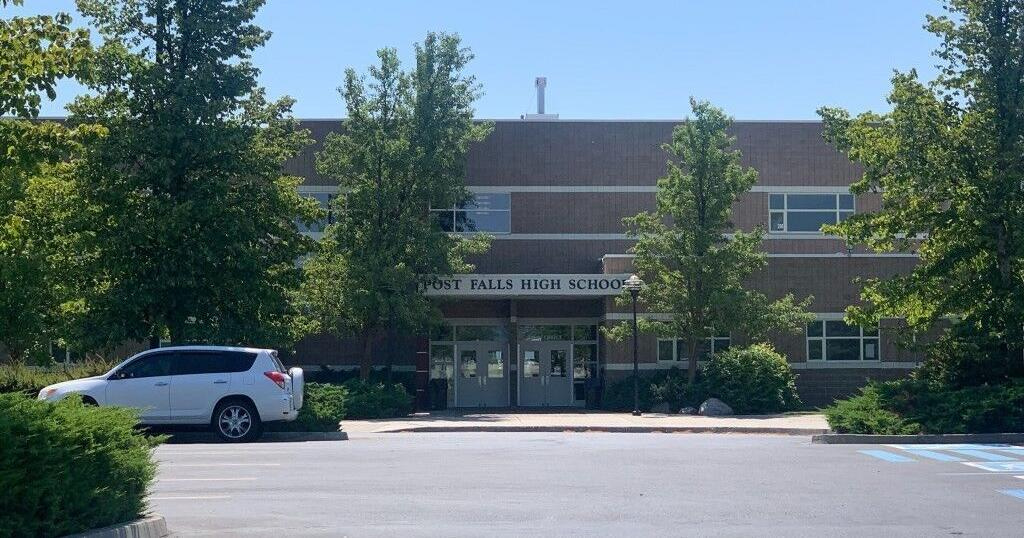As a tenant, you may wonder whether your landlord has the right to access your electric bill. In this article, we will explain your landlord's ability to view your electric usage and provide answers to common questions on this topic.
Can Your Landlord Legally Access Your Electric Bill?
No, your landlord does not have the automatic legal right to view your electric bill. Your electric bill contains private financial information that is protected by privacy laws. Landlords are prohibited from accessing your bill without your written consent or a court order. However, if your lease agreement specifies your landlord pays for utilities, they may be able to see your electricity consumption levels but not the bill itself with private details.
Is My Electric Bill Considered My Personal Information?

Related: Can A Landlord Inspect Your Bedroom?
Yes, as a tenant, your electric bill is considered your personal information. It displays your name, address, account number, and monthly electric usage breakdown. All of this private data is protected under privacy laws from being accessed without permission. Landlords must respect tenants' privacy rights regarding utility bills and other financial records related to the rental property.
Can My Landlord Install Individual Electric Meters?
A landlord has the right to install individual electric meters for each rental unit to track separate tenants' usage. While this allows them to monitor consumption levels, it does not grant access to any tenant's physical bill. The electric service would still be in the tenant's name if they are responsible for paying that utility. Landlords use submeters mainly to properly divide utility expenses among multiple occupants.
If My Landlord Pays the Electric Bill, Can They See It?
If your lease agreement states that electricity costs are included in your monthly rent payment, which the landlord covers, then they have a right to view the total electric bill. However, they still cannot access any individual tenant's personal information or billing statements. Landlords who pay utilities but split costs usually review total usage to fairly divide reimbursements rather than inspect separate statements.
What Should I Do if My Landlord Asks to See My Bill?
Politely inform your landlord that while you appreciate their request, you prefer to keep your electric bill private as it contains sensitive financial information. Offer to provide monthly payment receipts or records of your energy usage instead of the full statement. If they insist, you may want to consult with a local tenants' rights group to understand your specific rights regarding utility privacy in your state. Open communication is key.
How Can Tenants Protect the Privacy of Utility Bills?
Tenants have some options to help protect their electric bill privacy. Switch to paperless billing to avoid statements in the mail. You can also request to be removed from the paper bill and provide proof of payment monthly. Speaking to your landlord about adding a utility privacy clause is another approach. Following these strategies helps ensure control over access to personal information.
What Should You Do if Your Privacy is Violated?
If your landlord accesses your bill without permission, you may consider filing a complaint with the local tenants' rights organization or equivalent agency for your area. Document any instances privately in case further action needs to be taken. Most landlords respect privacy, but knowing the steps to take provides reassurance. Clear lease terms are also important to avoid misunderstandings down the line regarding utility access.
Can Landlords Increase Rent if Energy Use Increases?
It depends on your specific rental agreement. If you are responsible for your own electricity costs, then rent would remain the same. However, if the landlord pays utilities as part of the rental package, some leases allow for adjustments if one tenant's high usage drives bills up substantially for the property overall. Any increases would need to be addressed clearly in the lease terms.
Conclusion
In conclusion, while landlords do not have an automatic right see tenants' private electric bills, certain circumstances like all-inclusive utility rent packages allow for landlord access restricted to energy consumption tracking rather than full bill details. Open communication, privacy protections in leases, lawful consent and complaints to agencies preserve tenants' rights regarding confidential billing information. Knowing the laws protects both tenants and landlords.





